There is no better alternative than the food we get directly from Mother Nature. And she gives us countless opportunities to meet our nutritional needs every season of the year.
The apricot is one of the most anticipated summer fruits. The golden-orange color and velvety skin make the apricot look irresistible.
Rich in vitamin A, vitamin C, fiber, tryptophan and potassium, apricots offer the following health benefits:
- They improve eyesight. Eating 3 or more apricots per day reduces the risk of macular degeneration, linked with aging. Macular degeneration is one of the main causes of vision loss in the elderly.
Apricots contain vitamin A in abundance. It is an excellent antioxidant, improving vision and protecting against free radicals, that harm the cells and tissues.
- They improve digestive system function. apricots aid against constipation and certain digestive system disorders, such as diverticulitis. This is a disease in which small sacs develop in the large intestine and includes hemorrhoids - painful, swollen veins in the lower part of the rectum.
Apricots are also famous for being an aid against tapeworms. When eaten for breakfast or any other time of day, apricots contribute to the health of your digestive system. To relieve constipation, you can eat dried apricots, since they contain a higher percentage of healthy fibers when compared with fresh ones.

- They improve heart function. Apricots contain beta-carotene, which helps decrease LDL cholesterol, known also as bad cholesterol. It can lead to the formation of plaque along artery walls. That is what apricots play a key role in the prevention of cardiovascular diseases.
- Apricots keep skin healthy. It is no wonder that there are thousands of cosmetic products (soaps, creams, shampoos), produced using apricot extract. The vitamin A contained in apricots helps against acne, pimples and rashes, while also improving skin structure.
The apricot is a unique gift from nature for the summer months. You can also eat dried and canned apricots. But let fresh ones, abundant in vitamin C, beta-carotene and fibers, be your priority!

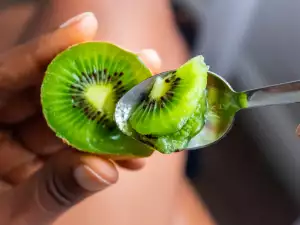


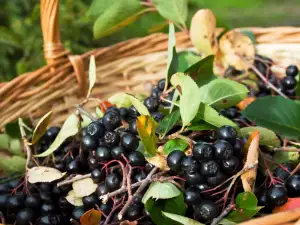

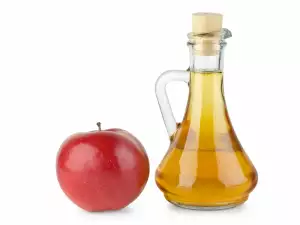



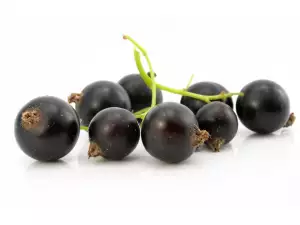

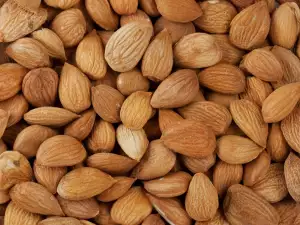







Comments